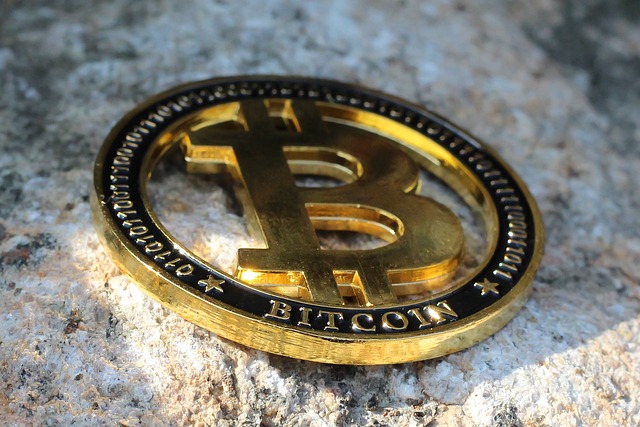Introduction
Inflation remains one of the most pressing challenges in the global economy. As traditional assets like gold and real estate lose some of their appeal, many investors are turning to Bitcoin as a potential hedge. But does Bitcoin genuinely protect against inflation, or is this idea riddled with myths? This article delves into the myths and realities surrounding Bitcoin as a hedge against inflation.

What Is Bitcoin and Why Is It Compared to Gold?
Bitcoin, often referred to as “digital gold,” is a decentralized digital asset built on blockchain technology. Like gold, Bitcoin has a limited supply of 21 million coins, making it a deflationary asset. This scarcity has positioned it as an alternative store of value, particularly in times of economic uncertainty.
Understanding Inflation and Its Economic Impact
Inflation erodes the purchasing power of money, making goods and services more expensive over time. Central banks combat inflation through monetary policies like interest rate adjustments and currency controls. However, excessive money printing, as seen during economic crises, exacerbates inflation, leading investors to seek alternative assets like Bitcoin.
The Myth: Bitcoin Is a Guaranteed Hedge Against Inflation
One common belief is that Bitcoin inherently protects against inflation. However, the reality is more complex. Bitcoin’s price volatility can undermine its function as a reliable hedge. Unlike traditional safe-haven assets like gold, Bitcoin’s market is still relatively young, making it susceptible to speculative trading and wild price swings.
The Reality: Bitcoin’s Deflationary Design
Bitcoin’s capped supply makes it resistant to the debasement issues faced by fiat currencies. Unlike sovereign currencies, which can be printed indefinitely, Bitcoin’s supply is algorithmically fixed. This scarcity could, in theory, make it an effective long-term hedge against inflation, provided its adoption stabilizes.
How Bitcoin Performs During Economic Crises
Historical data shows Bitcoin’s mixed performance during financial downturns. For instance, during the COVID-19 pandemic, Bitcoin initially dropped in value but later soared as investors sought alternatives to traditional assets. This pattern suggests that while Bitcoin may not react immediately as a hedge, it has long-term potential.
Bitcoin vs. Traditional Assets as Inflation Hedges
Gold and real estate have long been considered reliable inflation hedges. However, Bitcoin offers unique advantages:
- Portability: Unlike gold or real estate, Bitcoin can be transferred instantly worldwide.
- Accessibility: Bitcoin is available to anyone with internet access, democratizing investment.
- Decentralization: Bitcoin operates independently of central banks or governments.
That said, Bitcoin’s volatility and speculative nature make it less predictable compared to traditional assets.
The Role of Blockchain in Supporting Bitcoin’s Value
Blockchain technology underpins Bitcoin’s decentralized nature, ensuring transparency and security. This peer-to-peer system eliminates the need for intermediaries, which can add trust to Bitcoin’s value as a long-term investment.
Volatility: A Double-Edged Sword
While Bitcoin’s price fluctuations attract speculative investors, they also deter risk-averse individuals. This volatility challenges Bitcoin’s reputation as a safe haven during economic crises.
Institutional Adoption: A Game-Changer?
The increasing adoption of Bitcoin by institutional investors has bolstered its credibility. Companies like Tesla and MicroStrategy have added Bitcoin to their balance sheets, signaling confidence in its potential as a hedge against inflation.
Challenges and Risks of Using Bitcoin as a Hedge
- Regulatory Uncertainty: Governments worldwide are still grappling with how to regulate Bitcoin.
- Market Manipulation: The crypto market remains susceptible to pump-and-dump schemes.
- Technological Risks: Security breaches and loss of private keys pose risks to Bitcoin holders.
Bitcoin’s Long-Term Viability
For Bitcoin to fulfill its potential as an inflation hedge, it must overcome challenges like volatility and regulatory uncertainty. Its limited supply and decentralization provide a strong foundation, but mainstream adoption is crucial for stability.
Conclusion
Bitcoin represents a paradigm shift in how we perceive and manage wealth. While it is not a guaranteed hedge against inflation, its unique characteristics make it a compelling option for long-term investment. Understanding the myths and realities of Bitcoin is crucial for making informed financial decisions.
